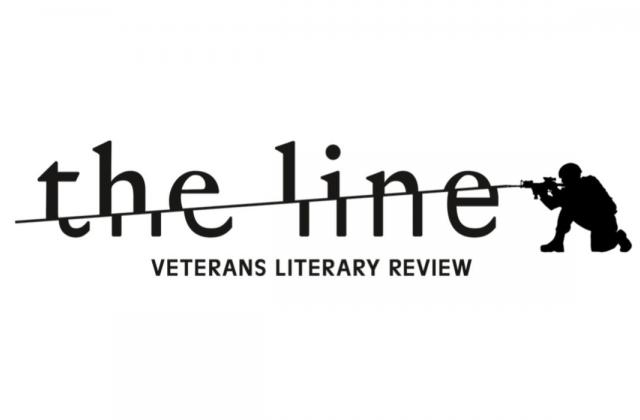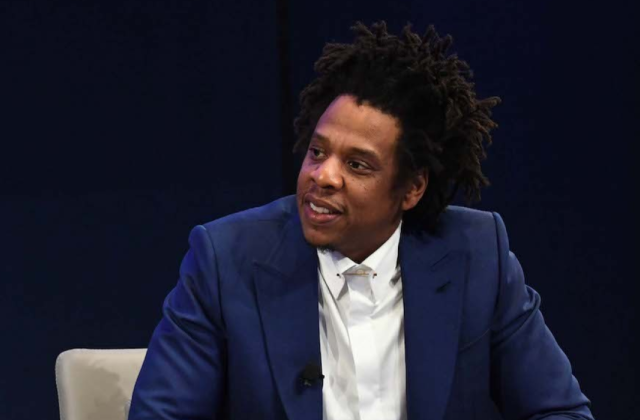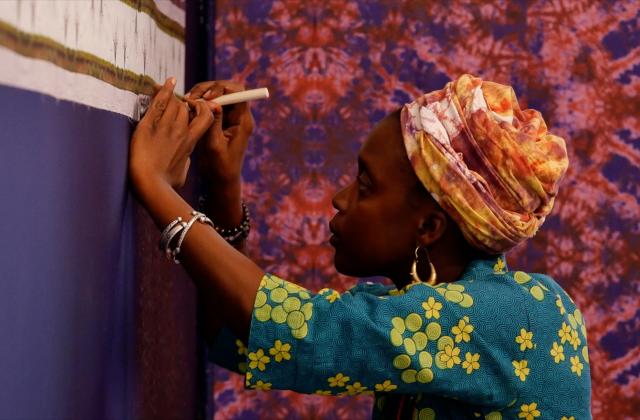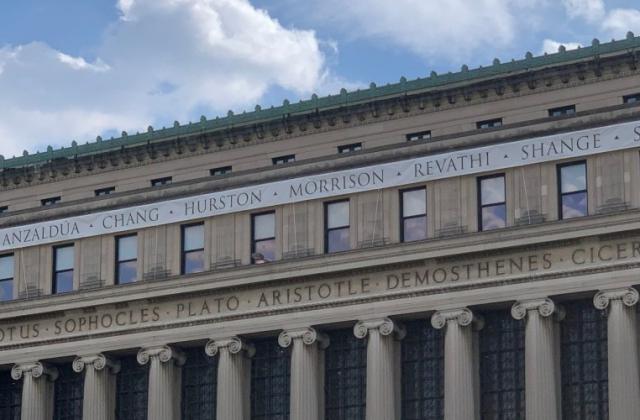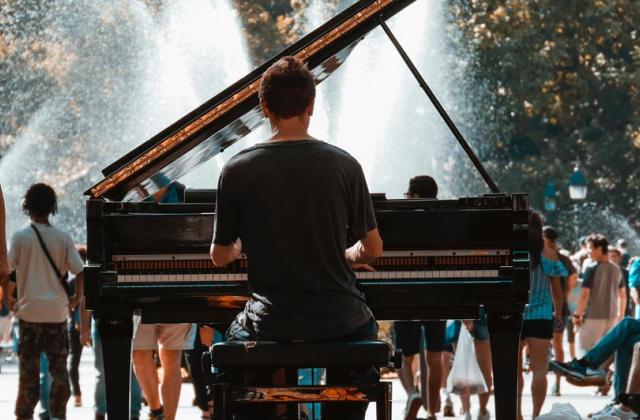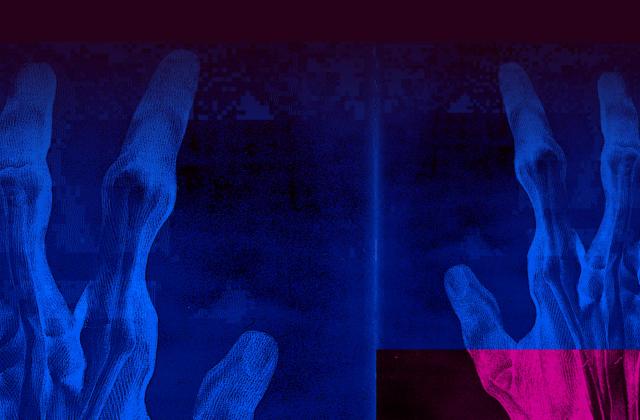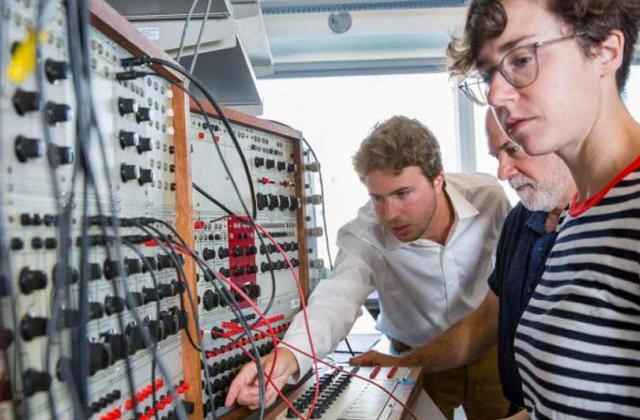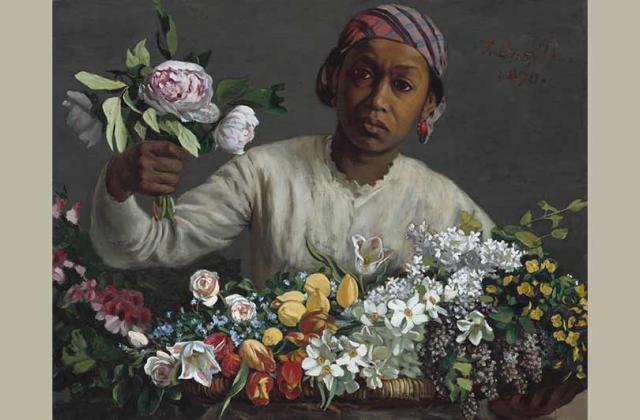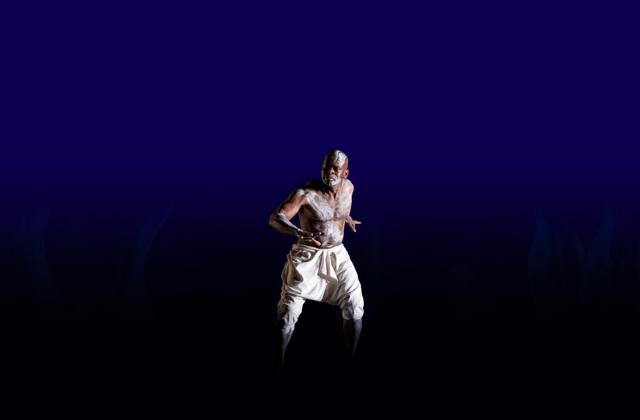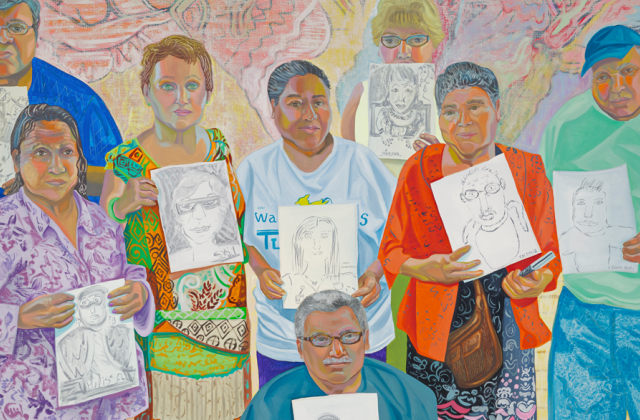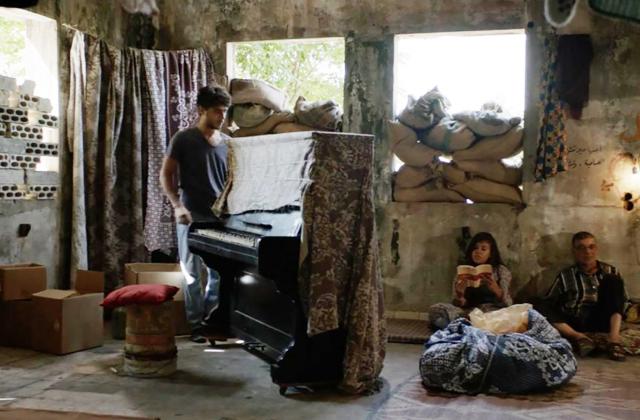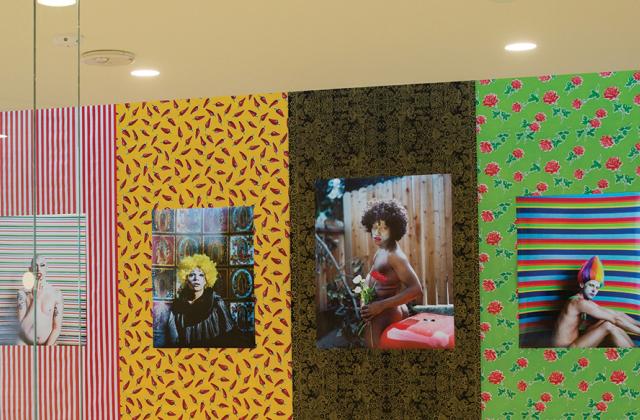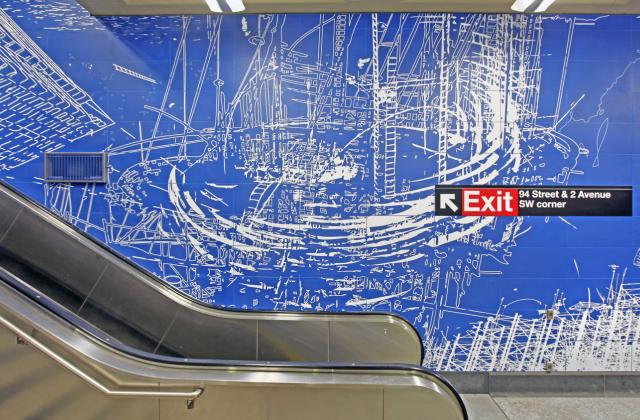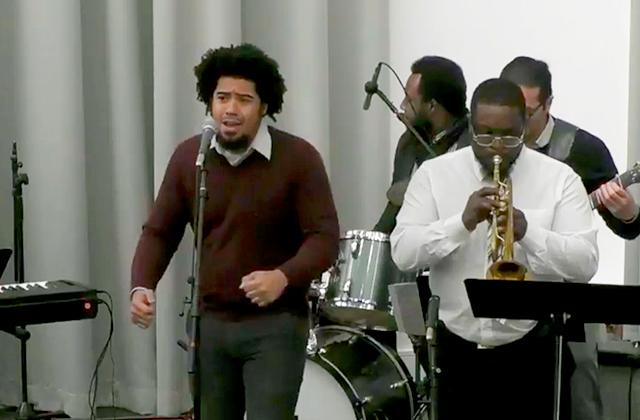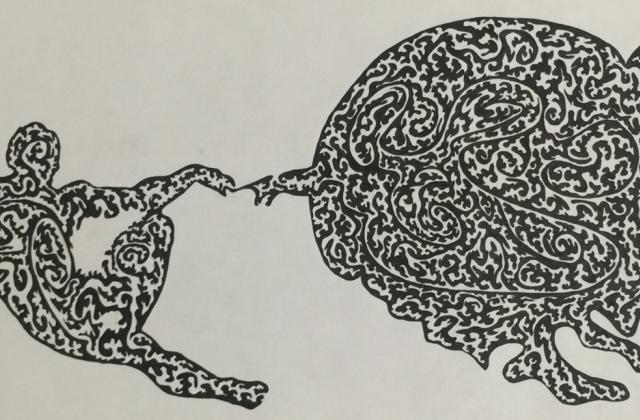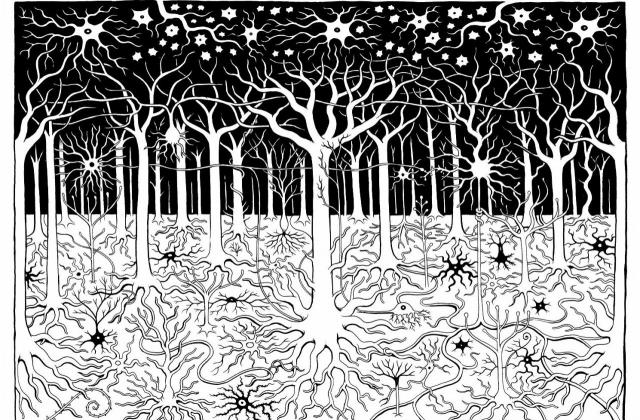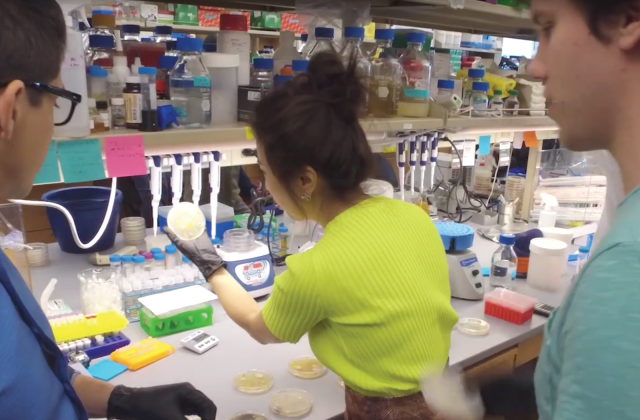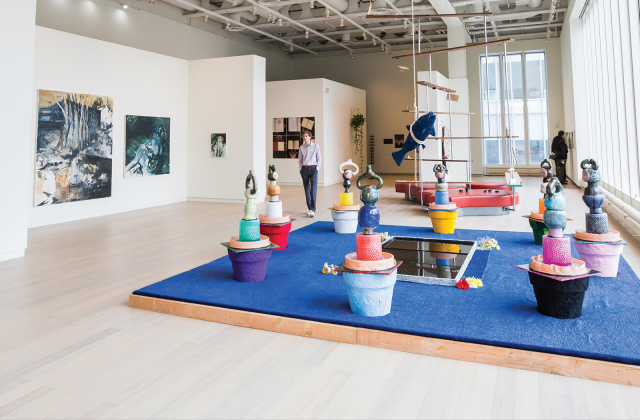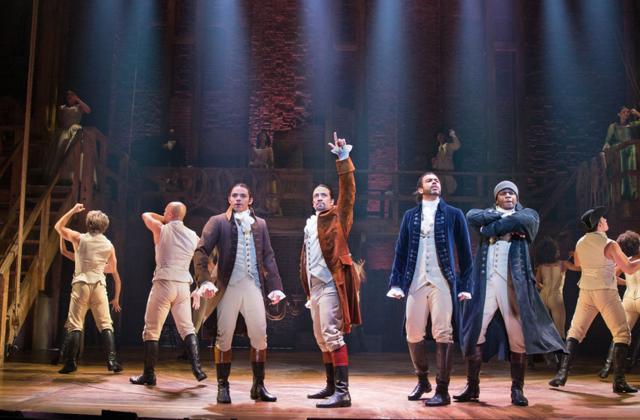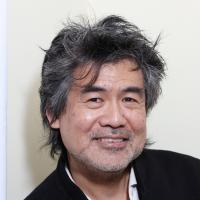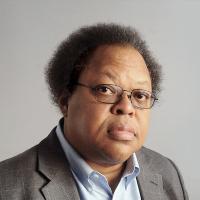Provoking us into new ways of seeing, and new ways of being, artists create possibilities.
In 1991, playwright Tony Kushner '78CC opened a national conversation about HIV/AIDS with his audacious Angels in America. Now Columbia faculty playwright Lynn Nottage, in the Pulitzer Prize-winning Sweat, tells stories on Broadway of poverty and economic stagnation in a Pennsylvania factory town, exploring the fracturing of the American Dream.
The arts, important everywhere, are essential at Columbia. From our MFA programs to the College’s signature Core Curriculum, the making, studying, and direct experience of art occupy a place unparalleled among other major research universities. And the arts connect us to a great global arts city: our artists are New York artists.
The arts at Columbia are anchored in a thriving School of the Arts, with leading graduate programs in film, visual art, theatre, and writing. These programs are complemented by the renowned composers, performers, and scholars in our Department of Music. The arts presence extends to classrooms across campus where undergraduates and professional school students have the opportunity to study with and alongside artists, whatever their career goals. And it includes scholarship and research, from the humanities to medicine and neuroscience, on interpreting the arts in relation to other disciplines and ideas.
Universities are inherently committed to new ideas and multiple perspectives, and perhaps none more so than this university at this time. As we collaborate in new ways to address the world’s most pressing and intractable problems, Columbia’s artists bring their creative and intuitive power to the conversation. They inform—and transform—how we think and act across campuses.
The opening of the Lenfest Center for the Arts on our new Manhattanville campus now embodies the promise of a new chapter for arts and ideas at Columbia.
The world wants and needs artists, creative and talented people undaunted by complexity and unbound by conventional thinking. And yet, even at Columbia, the arts and arts scholarship require renewed commitment.
Columbia has met the greatest challenge—creating an environment for art and artists to flourish. But that commitment requires renewed and continuous investment—in the spaces and tools for making, sharing, and learning about art, in teaching and research programs within and across disciplines, in the artists themselves.
The Columbia Commitment looks across our campuses to amplify the impact of Columbia’s artists and arts scholars in the classroom, the studio, and the world. The Columbia Commitment to the Arts includes enhanced funding for:
Student artists. For financial aid to bring the best emerging artists to Columbia without fear of crippling debt, and for project and travel funds to develop and share their work
Facilities. For production facilities and classrooms that realize the potential of our students and faculty
Humanities, including digital humanities. For the nuanced study and interpretation of the arts
Collaboration. For funding interdisciplinary research, dialogue, and teaching that further weave the arts into the fabric of campuses and schools; and for reaching broader public audiences through programming and partnerships
The arts engage the most serious issues of our time, cutting across disciplines, cultures, and difference. By placing the School of the Arts and the production and viewing of culture at the entrance to the new Manhattanville campus alongside the brilliant faculty of neuroscience, Columbia University has made a bold statement not only about the future of this new, open urban space, but also about the ambitions of a great 21st-century university to transform the world through scientific and creative research, imagery, thought, and action.
Make Your Commitment to Arts and Ideas
Go Deeper
Key Related Sites
School of the Arts Lenfest Center for the Arts Music Humanities (Arts and Sciences)

